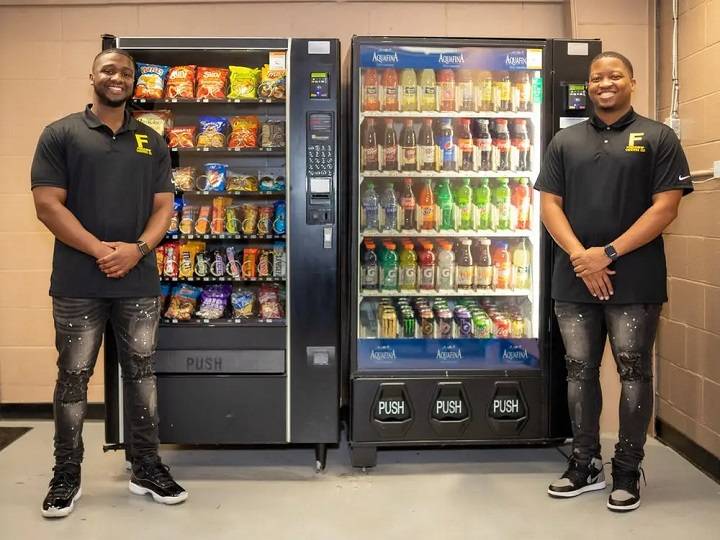Starting a vending machine business can be an excellent venture for entrepreneurs seeking a flexible yet profitable opportunity. Vending machines provide a convenient way to offer goods to consumers without the need for a physical store. From snacks and beverages to specialty items, these machines have a wide-reaching market and can generate a steady stream of income. If you’re considering starting a vending machine business, here’s a comprehensive guide to help you get started.
Research and Planning
Understand the Market
- Identify Target Locations: Research and identify suitable locations with high foot traffic, such as schools, offices, gyms, or malls.
- Analyze Competition: Evaluate existing vending machines in your chosen locations to understand their offerings and pricing.
- Trends and Demand: Identify popular products and consumer preferences to tailor your vending machine’s inventory.
Create a Business Plan
- Define Your Niche: Determine the type of products you want to sell and your target audience.
- Financial Projections: Calculate startup costs, product expenses, and expected revenue to create a viable business plan.
- Legal and Regulatory Requirements: Research and comply with local regulations, permits, and business licenses needed for operating vending machines.
Finances and Investment

Startup Costs
- Vending Machines: Decide whether to buy new or used machines and consider the cost per unit.
- Initial Inventory: Allocate funds for stocking your machines with products.
- Maintenance and Refilling: Budget for maintenance and regular restocking of products.
Financing Options
- Self-Funding: Consider using personal savings or investments for startup costs.
- Loans and Grants: Explore small business loans or grants for additional financial support.
- Partnerships: Consider partnerships or seeking investors to raise capital.
Sourcing and Managing Inventory
Choosing Products
- Market Research: Select products based on demand, consumer preferences, and trends.
- Diversify Offerings: Offer a mix of snacks, beverages, healthy options, and novelty items to cater to different tastes.
Suppliers and Inventory Management
- Supplier Relationships: Build relationships with reliable suppliers to ensure consistent inventory.
- Inventory Tracking: Implement systems to track inventory levels and product performance to optimize restocking.
Machine Placement and Maintenance
Location Selection
- High-Traffic Areas: Place vending machines in strategic locations with high foot traffic and demand for your products.
- Permission and Contracts: Obtain necessary permissions or agreements with property owners for machine placement.
Maintenance and Service
- Regular Inspections: Schedule routine maintenance to ensure machines are in good working condition.
- Customer Service: Provide contact information for customers in case of issues with the machine or products.
Marketing and Growth Strategies
Branding and Promotion
- Eye-Catching Design: Create attractive visuals and branding on your machines to grab attention.
- Promotional Offers: Consider offering discounts or loyalty programs to attract and retain customers.
Expansion and Scaling
- Monitor Performance: Analyze sales data and customer feedback to improve and expand your business.
- Scaling Up: Consider adding more machines or diversifying into new locations or products based on successful trends.
Starting a vending machine business can be a lucrative and rewarding venture when approached with strategic planning and execution. By understanding the market, managing finances effectively, sourcing the right products, maintaining machines, and implementing strong marketing strategies, you can establish a successful vending machine business.

